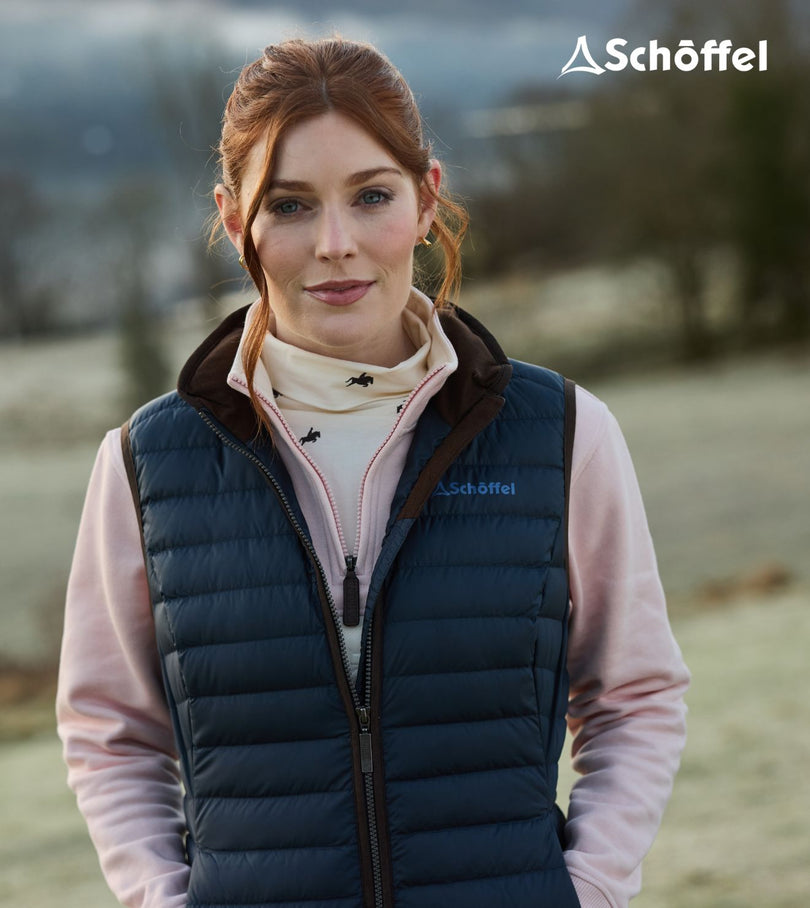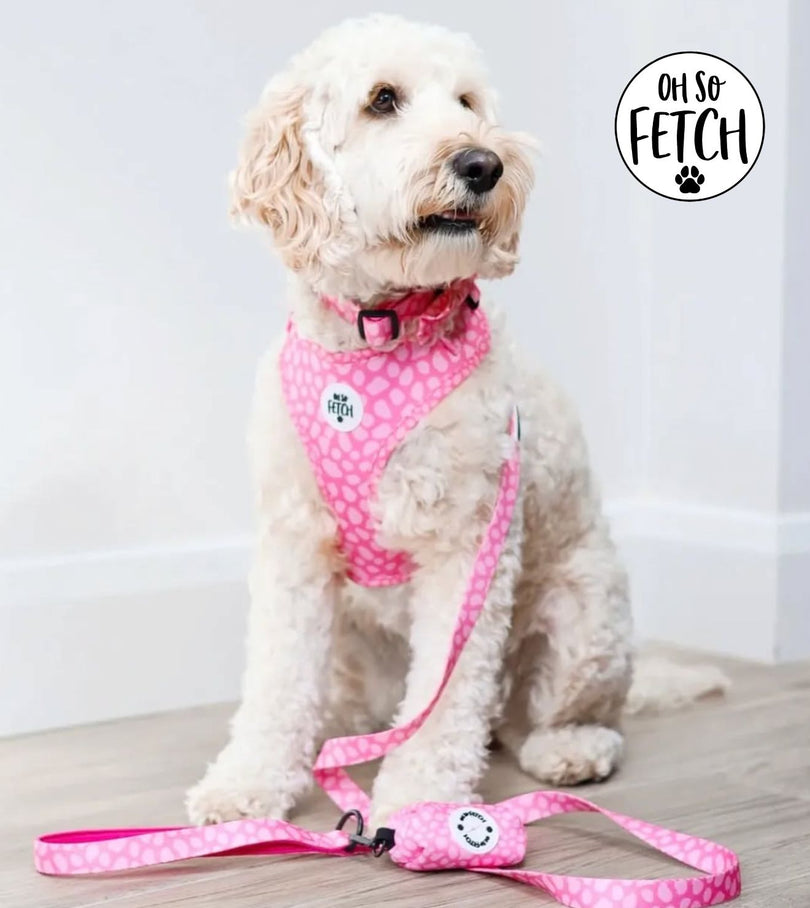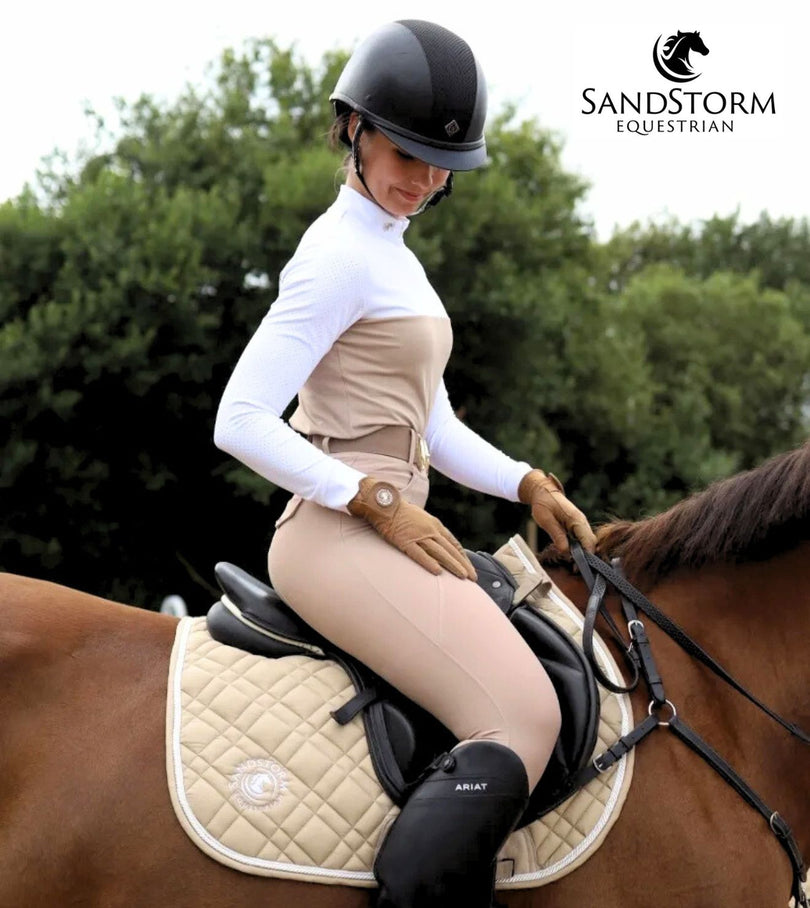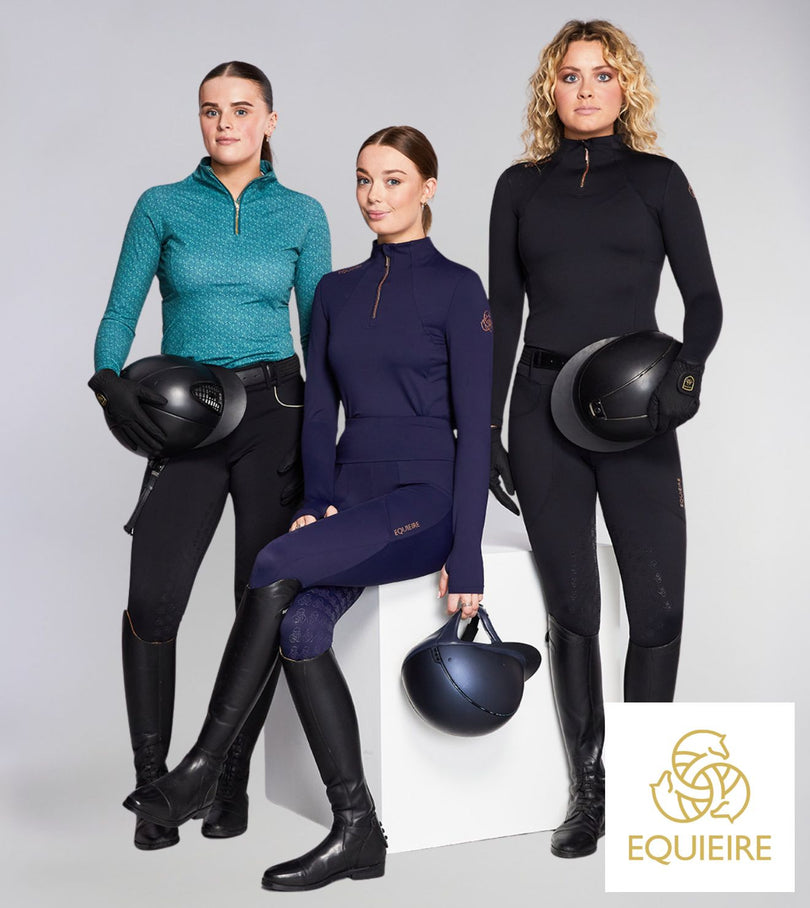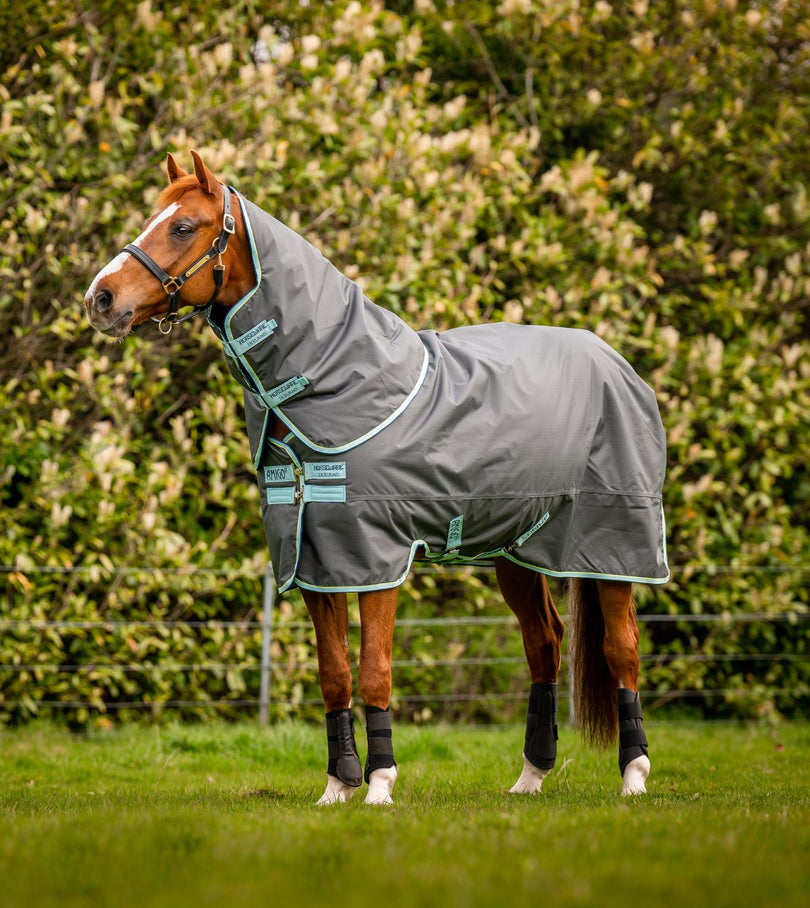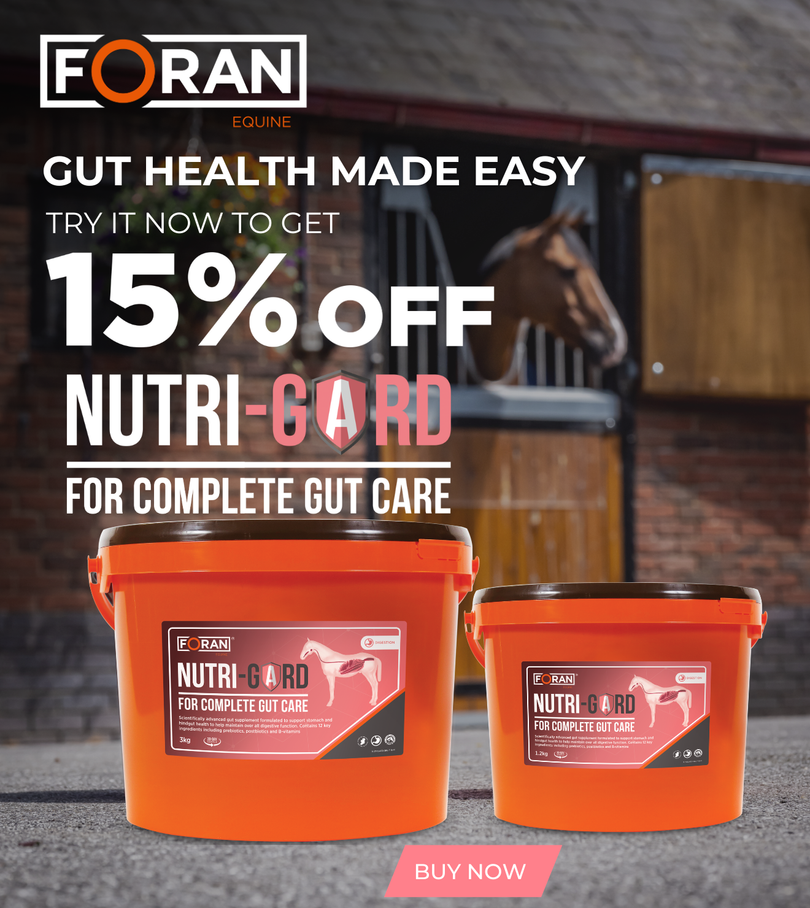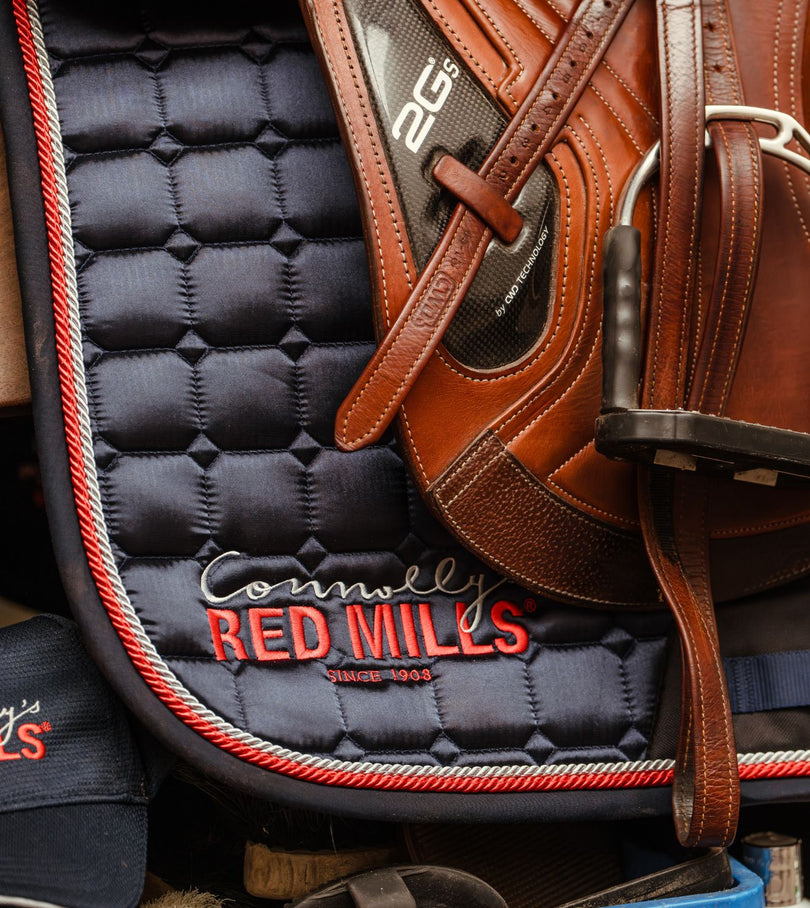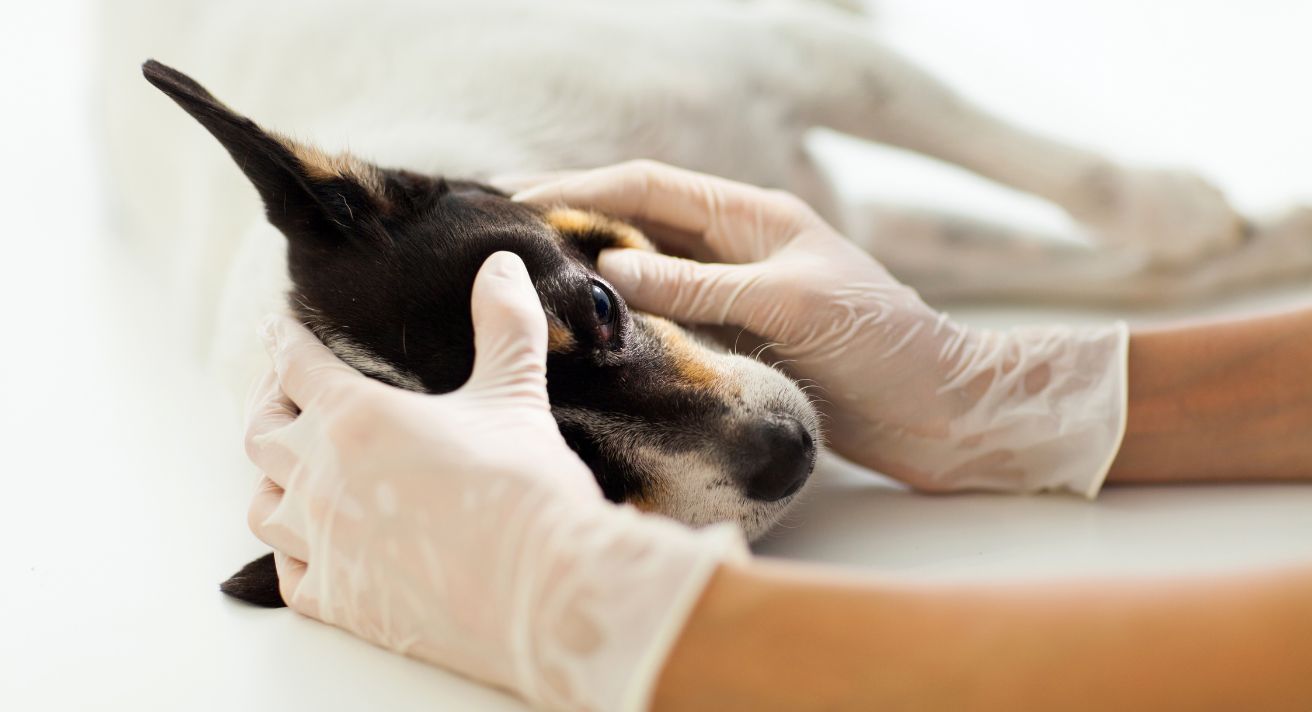While dogs don’t rely on their vision as much as humans do, it is still important to know how to support eye health in dogs and how to spot a problem early.
Our dogs literally see things differently than we do. They don’t see the same range of colour humans do, but they are very attuned to any movement – especially the sighthounds. Dogs can get around very well if they lose their vision because their other senses are so keen, but we still want our furbabies to retain their vision throughout their life and avoid eye problems such as infections, injuries, dry eye, glaucoma and cataracts.
Infections and damage to the cornea are the most common eye problems dogs have. Both require a trip to your vet. Owners should know that dogs can get viral pink eye – and the infection can be spread from people to dogs and from dogs to people. Any time your dog’s eye is red, weepy or oozing excessive discharge or green or yellow discharge, contact your vet. If your dog is rubbing their face or scratching around their eye, check to see if they have anything stuck in their fur near the eye or anything actually in the eye. If there isn’t an explanation or if removing the item doesn’t help, again, contact your vet.
Preventing Eye Problems in Dogs
It isn’t possible to prevent all problems. Dogs can inure an eye no matter how careful their owners are, and they can develop an eye condition despite the best care. But we can still take a few steps to reduce their odds of eye injuries or ailments.
- Grooming – Many breeds of dogs have fur that hangs over their eyes, and owners often worry and try to keep that fur away from their eyes. You can trim it to ensure the fur isn’t poking your dog in the eyes. You should definitely keep it clean and untangled. Always comb through the fur on your dog’s face when grooming them. Gently wipe any goo away from their eyes. Your dog might not love having their face groomed, but it is a good opportunity to check for any swelling, redness or unusual discharge from their eyes.
- Safety – Small dogs and tall grass are not a great mix. All dogs will stick their face into the grass for a good sniff, but smaller dogs are more vulnerable to getting poked in the eye just walking around. If your dog is in fields a lot, that’s an argument against trimming long hair that falls over their eyes – as well as an important reason to comb through that hair daily to check for any debris. Dogs with protruding eyes such as pugs and bulldogs are particularly vulnerable to eye injuries. As much as dogs love riding with their head out the car window, it’s as unsafe for them as it is for children. They’re likely to get bugs and other debris in their eyes.
- Nutrition – A wholesome, balanced diet is the foundation of your dog’s overall health. Your dog shouldn’t need special supplements for their eye health if their diet is rich in omega 3, beta carotene, and vitamins C and E. Foods that include salmon and other oily fish, carrots, broccoli, blueberries, egg, pumpkin, spinach or kale can help keep your furbaby’s eyes in great shape.
Dogs don’t depend on their vision as much as we do, but it is still an important way for them to take information about the world around them. Any concerns about eye discharge, lumps or swelling, a change in the eye’s appearance or redness merit a visit to your vet sooner rather than later.

